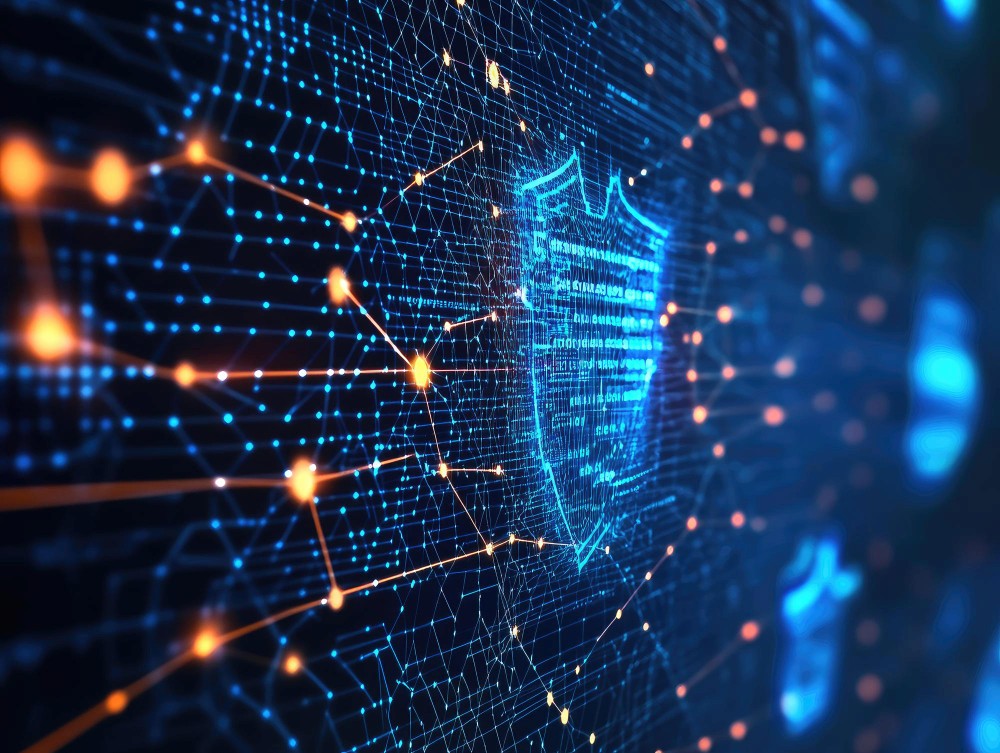FRAUD PREVENTION FRONTIER: AI-Powered Efficiency and Detection.
The legal world, long characterized by human expertise, intricate procedures, and rigorous processes, is on the verge of a profound transformation. The catalyst? Artificial intelligence agents. This isn't a gradual evolution; it's a paradigm shift, promising to streamline workflows, enhance efficiency, and unlock unprecedented insights within the legal sphere.
The Magnitude of Change: Automation and Transformation
The impact of AI in law is not merely theoretical. From research and contract review to litigation strategy and client communication, AI is infiltrating every facet of the profession. The magnitude of this change is staggering: a Deloitte study predicts that AI introduction could automate around 100,000 legal positions by 2036, highlighting the immense potential impact of this technology. This isn't about replacing lawyers; it's about empowering them with tools that amplify their capabilities and allow them to focus on higher-level strategic work.
The Rise of Autonomous Legal Agents
At the heart of this revolution are AI-powered tools designed to perform various tasks autonomously. These agents, exemplified by systems like agentic automation, integrate learning algorithms, decision-making protocols, and advanced automation capabilities. They go beyond simple automation, demonstrating an ability to learn, adapt, and make independent decisions within defined parameters.
Diverse Use Cases Across Legal Domains
AI agents are already being deployed in a variety of crucial legal tasks:
Anti Fraud assistant: Checking massive datasets to identify patterns and anomalies that would be virtually impossible for humans to detect manually
Document reviewer: Automates the review of legal documents, identifying relevant information and organizing it efficiently.
Legal researcher: Conducts searches in legal databases to provide relevant information quickly.
Client manager: Handles routine client communications, schedules appointments, sends reminders, and provides updates on case progress.
Data organizer: Categorizes and stores data systematically, enhancing search capabilities and retrieval efficiency.
Compliance assistant checker: Ensures that all actions comply with legal standards and regulations.
Contract analyzer: Reviews and analyzes contracts to identify key terms and potential risks.
Deposition summarizer: Summarizes deposition transcripts, highlighting important points and discrepancies.
Case tracker: Monitors the progress of cases, sending alerts for important deadlines and updates.
Let's have a glance at the Anti-fraud benefits of using AI support always relying on human specialized strategic positioning.
Predictive Analytics and Anti-Fraud: A Proactive Legal Shield
This capability underpins their power in predictive analytics and anti-fraud by anticipating legal shifts and risks, analysing past case data, financial transactions, accounting records, and other financial data to identify suspicious patterns and anomalies indicative of fraud, such as money laundering, embezzlement, or securities fraud. AI agents can analyze large amounts of data to find hidden connections between people and shell corporations, which is very useful in finding complex fraud schemes. By flagging potentially fraudulent activities in real-time, AI can help prevent financial losses and protect organizations from legal liability.
Pre-Mortem Assessments:
This involves using AI to simulate potential scenarios and identify potential risks before they materialize.
For example, AI can analyze a company's financial data, operational processes, and regulatory environment to identify potential vulnerabilities that could lead to legal or financial problems.
By proactively addressing these vulnerabilities, organizations can mitigate risks and prevent future problems.
Ethical Considerations and Responsible Implementation
While AI offers tremendous potential for enhancing legal efficiency and preventing illegal activities, it’s crucial to address ethical considerations and ensure responsible implementation. Issues such as data privacy, algorithmic bias, and transparency must be carefully considered to ensure that AI is used in a fair and ethical manner.
By leveraging the power of predictive analytics and anti-fraud measures, AI agents are transforming the legal landscape, enabling lawyers to make more informed decisions, mitigate risks, and protect their clients from illegal operations.
As AI agents become increasingly integrated into legal workflows, it’s crucial to address key considerations:
Human-AI collaboration: Remember that AI agents are tools designed to augment human intelligence, not replace it.18 Foster a collaborative environment where AI agents and human legal professionals work together to achieve common goals. This synergy will unlock the full potential of both human expertise and AI capabilities.
Ethical implications: Be mindful of the ethical implications of AI in legal work, ensuring that your AI agent is developed and used responsibly, transparently, and in a way that benefits society as a whole. Issues like data privacy, bias in algorithms, and accountability must be carefully addressed.
The AI agent revolution is reshaping the legal landscape, offering unprecedented opportunities for efficiency, innovation, and enhanced service delivery.By embracing these technologies responsibly and strategically, legal professionals can unlock new levels of performance and navigate the complexities of the modern legal world with greater confidence.
This text was written with help of LLM.*
Conclusion
The AI agent revolution is reshaping the legal landscape, offering unprecedented opportunities for efficiency, innovation, and enhanced service delivery.By embracing these technologies responsibly and strategically, legal professionals can unlock new levels of performance and navigate the complexities of the modern legal world with greater confidence.
March 2025

JP
Global Director of Governance, Risk & Compliance | PhD Candidate | Internationally Qualified Attorney



